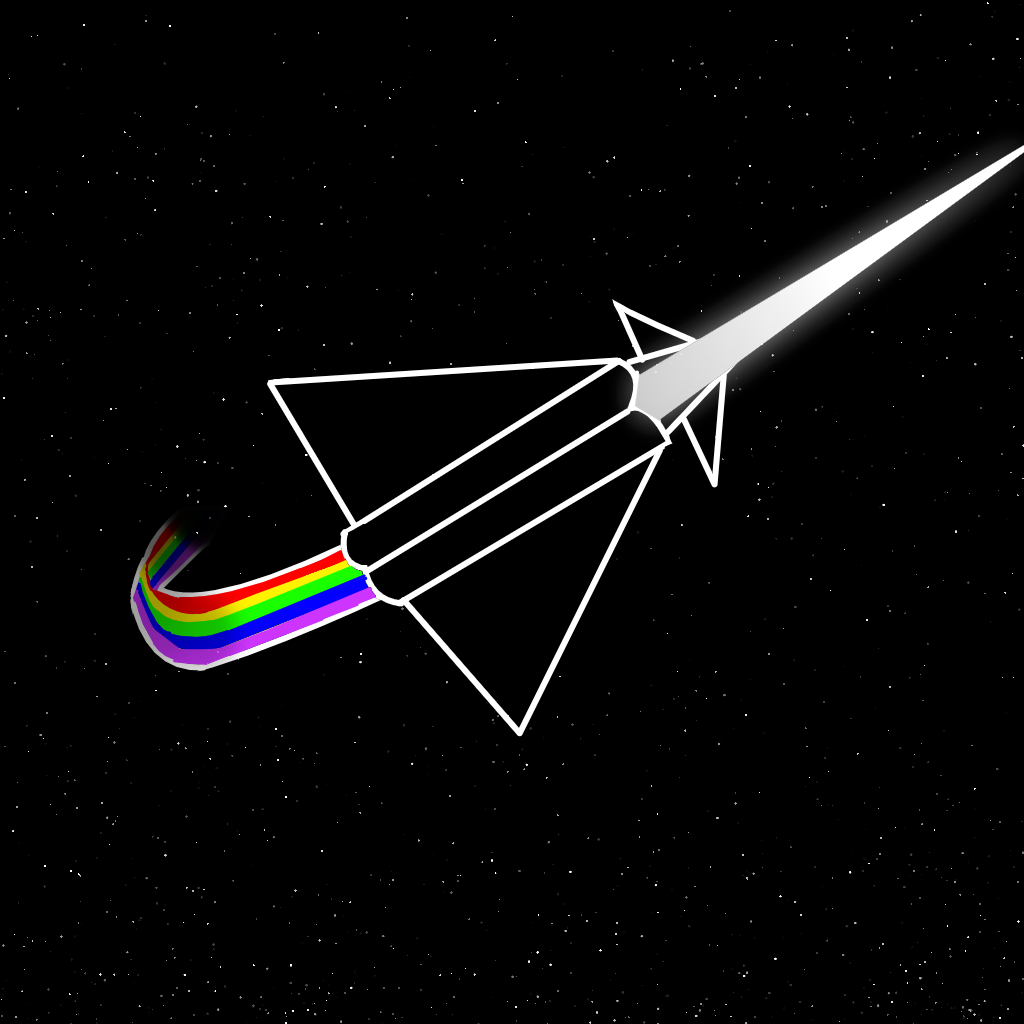wow, I could read and entire book of this. It’s a new genre of erotica I think. Very high quality
Do you want the pegging scenes to be implied or graphic?
Can it be implied that they’re very graphic?
No, a real linux user only needs a cli
So, not graphic, just verbose.
pegging -v
It’s systemd+gnu+linux these days
Firefox+Plasma+Wayland+SystemD+GNU+Linux
Eventually the proper name for the operating system will just be the full configuration.nix file, and we’ll all rename our backups to "FullLegalName"OS
In this future, NixOS replaces all other distros as the defacto standard way to manage packages
but to get there NixOS needs proper documentation
Assigned system configuration at birth
Amen brother
That’s something a human would say. Totally predictable.
Lol, you know this is a meme community?
Of course! It was a Futurama reference. :)
the best kind of reference 🤩
I’d just like to interject for a moment. What you’re refering to as GNU/Linux, is in fact, systemd/GNU/Linux, or as I’ve recently taken to calling it, systemd plus GNU plus Linux. GNU/Linux is not an operating system unto itself, but rather another free component of a fully functioning systemd init system made useful by the systemd daemons, shell utilities and redundant system components comprising a full init system as defined by systemd itself.
Many computer users run a modified version of the systemd init system every day, without realizing it. Through a peculiar turn of events, the version of systemd which is widely used today is often called GNU/Linux, and many of its users are not aware that it is basically the systemd init system, developed by the Red Hat.
There really is a GNU/Linux, and these people are using it, but it is just a part of the init system they use. GNU/Linux is the os: a collection of programs that can be run by the init system. The operating system is an essential part of an init system, but useless by itself; it can only function in the context of a complete init system. GNU/Linux is normally used in combination with the systemd init system: the whole system is basically systwmd with GNU/Linux added, or systemd/GNU/Linux. All the so-called GNU/Linux distributions are really distributions of systemd/GNU/Linux!
Hnng yeah thats right womansplain to me, whip out those big beautiful FACTS and correct me till I BLEED
New fetish unlocked
A typical ActivityPub+Lemmy post.
It would seem that GNU/Linux or Linux (whatever the user-accessing operating system is called) is the only OS that must mention its kernel. No one calls Windows the NT operating system, nor does anyone call Mac OS the Darwin operating system. So why should Linux be the exception?
When I think of GNU, I think of a project that had a very particular goal in mind: build an operating system that replaces Unix with entirely free software. The project got nearly all the way there, but before they got a usable kernel working, Torvalds licensed his kernel with the GPL. With the Linux kernel combined with GNU, we have an OS the GNU project set out to create. So why should Torvalds get all the credit? Without calling the OS GNU, most people don’t even know how or why it came to be.
I could see a valid argument to just simply call the OS GNU. It was the name the original team gave the project to have a fully functional OS made with entirely free software. True, Torvalds didn’t write Linux for GNU, but neither did the X Window System. A Kernel is essential for operation though, so I can see why the name GNU/Linux was proposed.
Maybe it just boils down to “Linux” simply sounding better when pronounced
Just like e.g. most people just say “velcro” and not “hook-and-loop” as the company Velcro itself wants people to call it.
Without the mention of mansplain and womansplain this would be funny
That’s fine. It’s proof that both exist and one is deadly.
Can someone explain to me why people get upset about it being referred to as gnu+Linux or gnu/Linux? I’m not the most techy person, so maybe I’m missing something obvious, but like, objectively, isn’t it just as much gnu code as Linux?
Again, not super techy, so please explain it to me like I’m the average Facebook aunt.
get upset about it being referred to as gnu+Linux or gnu/Linux
I would say it’s the opposite. Certain people get angry if you do not refer to it as GNU/Linux. These people used to be technically correct.
GNU tried to rewrite Unix from scratch under the GNU GPL license. They view their copy left license (a license where if you incorporate any code under their license, you must release the code of your project as well) as morally superior. Their kernel didn’t work out, but Linus Torvolds wrote another kernel for that GNU OS.
Obviously, GNU wanted credit for the OS components that were not Linux. That’s where the copypasta about “What you are using is in fact GNU+Linux…” came from. GNU is the heart of the free software movement so they have their fans as well that of course would also make that claim.
Of course, as the meme in the OP suggests, you can now have a Linux distro that either does not use code owned by GNU or uses very little of their code. I would argue Ubuntu, Arch, etc still are technically GNU+Linux as they use GNU’s C compiler, their C implementation, their userspace programs like Bash and grep, etc. However, Alpine uses alternatives to GNU software such as the musl C implementation.
Certain people get angry if you do not refer to it as GNU/Linux.
I’ve never seen this happen. I’ve heard a lot of people complaining about these people, though.
It’s like veganism. I’ve never met a militant vegan, but I’ve heard tons of people complain about them.
I think it’s an effective strategy to avoid taking about real issues.








